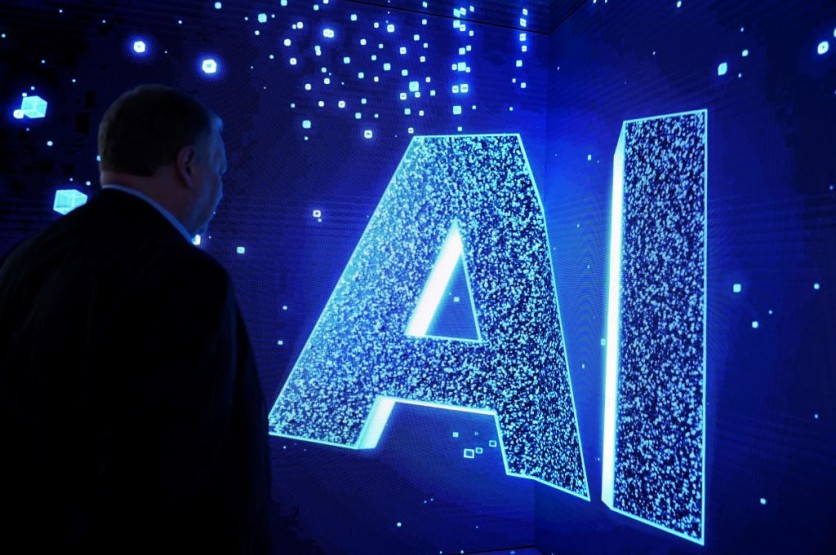In a landmark verdict, the UK's highest court affirmed that artificial intelligence (AI) cannot be designated inventor on patent applications.
This historic decision, delivered by the UK Supreme Court, sets a precedent in patent law by emphasizing that inventors must be "natural persons," dealing a blow to the aspirations of US computer scientist Stephen Thaler.

Can AI Be a Patent Inventor?
Reuters tells us that Thaler had sought to secure patents in the UK for inventions supposedly devised by his AI system, named "DABUS." However, the UK's Intellectual Property Office (IPO) rejected his attempts, citing that an inventor must be a human or a legal entity, not a machine.
The pivotal case culminated in the UK Supreme Court's unanimous dismissal of Thaler's appeal. Judge David Kitchin clarified that UK patent law explicitly mandates a human inventor, stating, "An inventor must be a natural person."
Thaler's legal representatives expressed dismay, asserting that the ruling spotlights the inadequacy of current UK patent law in safeguarding inventions originating autonomously from AI systems.
The IPO welcomed the decision, acknowledging the need for ongoing evaluation of how intellectual property law should address AI-created innovations.
The dispute stems from Thaler's endeavor to list "DABUS" which he calls a 'creativity machine' the inventor of two patent applications—a food packaging shape and a type of flashing light.
His insistence on attributing the inventions to the AI system faced continual rejection by legal authorities, who underscored the necessity of a human inventor by existing patent laws.
A Closer Look
Legal experts weighed in on the significance of the ruling, highlighting its implications for the evolving landscape of technology and patents.
Giles Parsons, a partner at Browne Jacobson law firm, noted that while AI is presently considered a tool rather than an agent, this perception might evolve over time, necessitating future legal adjustments.
The Supreme Court, while delivering its judgment, clarified that the case wasn't deliberating on broader questions regarding the patentability of AI-driven innovations or potentially expanding the definition of an "inventor." Instead, it underscored the current legal requirement for a human inventor in patent applications.
Similar Rulings
The ruling mirrors similar decisions made by courts in Europe, Australia, and the United States, reiterating the global consensus that inventors must be natural persons.
Thaler's unsuccessful attempts in the UK resonate with his prior endeavors in the United States, where the Supreme Court declined to entertain his challenge against the US Patent and Trademark Office's refusal to grant patents for inventions credited to his AI system.
Legal experts emphasized that the judgment does not impede individuals from utilizing AI in the inventive process. As clarified, individuals employing AI to devise inventions can still seek patents, provided they are identified as the inventor.
Stay posted here at Tech Times.
Related Article : AI Models Like ChatGPT Can't Analyze SEC Filings, New Study Finds

ⓒ 2026 TECHTIMES.com All rights reserved. Do not reproduce without permission.




